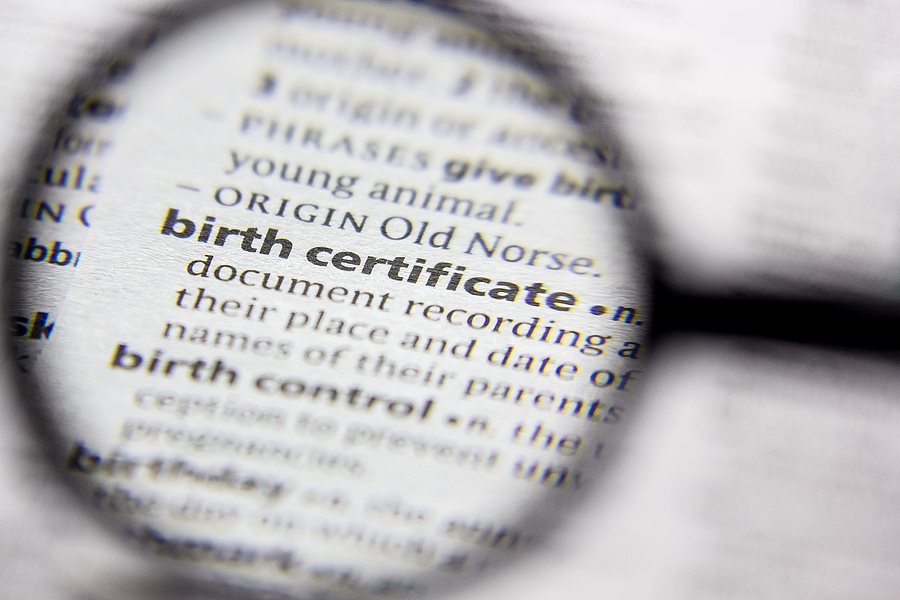Quick Quote
Archives
- November 2023
- October 2023
- September 2023
- August 2023
- July 2023
- June 2023
- May 2023
- April 2023
- March 2023
- February 2023
- January 2023
- December 2022
- November 2022
- October 2022
- September 2022
- August 2022
- July 2022
- June 2022
- May 2022
- April 2022
- March 2022
- February 2022
- January 2022
- December 2021
- November 2021
- October 2021
- September 2021
- July 2021
- June 2021
- April 2021
- March 2021
- February 2021
- December 2020
- October 2020
- August 2020
- July 2020
- June 2020
- May 2020
- April 2020
- March 2020
- February 2020
- January 2020
- November 2019
- October 2019
- September 2019
- August 2019
- July 2019
- June 2019
- May 2019
- April 2019
- March 2019
- February 2019
- January 2019
- December 2018
- November 2018
- October 2018
- September 2018
- August 2018
- July 2018
- June 2018
- May 2018
- April 2018
- March 2018
- February 2018
- January 2018
- December 2017
- November 2017
- October 2017
- September 2017
- August 2017
- July 2017
- June 2017
- May 2017
- April 2017
- March 2017
- February 2017
- January 2017
- December 2016
- November 2016
- October 2016
- September 2016
- August 2016
- July 2016
- June 2016
- May 2016
- April 2016
- March 2016
- February 2016
- January 2016
- December 2015
- November 2015
- October 2015
- September 2015
- August 2015
- July 2015
- June 2015
- May 2015
- April 2015
- March 2015
- February 2015
- January 2015
- December 2014
- November 2014
- October 2014
- August 2014
- July 2014
- June 2014
Why Translation is Important to Africa
According to the study, better access to translation services could mean improvements in the present yawning gap in information inequality in Africa as well as have long lasting effects on the health and safety of Africa’s citizens by improving economic development and political stability. The survey analyzed responses from a total of 364 translators from some 269 African languages in 49 different countries. The results of the survey are published in a report titled “The Need for Translation in Africa”. A spokesman for Translators without Borders said that the results of the survey confirmed what the NGO had expected from its own experience in Africa. Translation in Africa is so obviously lacking that it cannot be ignored any more. As an example of the importance of effective translation quoted from the survey, just over 63% of the surveyed respondents said that better access to translation could have prevented someone close to them – a member of their own family or a friend from needlessly dying. Africa is a huge continent with a population of nearly one billion. That translates into one in ten of the world’s population. There are six major language families across the continent with a total of some 2,000 languages or dialects spoken. In some individual countries in Africa there may be dozens of different languages spoken even if there is a consensus about which of these languages is to be used as a national language. Because much of Africa was colonized at some point by a European power, there is also an added complication of having a European language which may or may not be a widely used second language for a nation’s own citizens. Some African languages are very widely spoken – for example, Amharic (Ethiopia), Arabic and Berber (the North), Hausa and Ibo (Nigeria and West Africa), Kiswahili (East Africa) – all have several tens of millions of native speakers as well as being used as a lingua franca by many others. Over 60 languages are used by African judicial systems necessitating effective legal document translation and nearly the same number is used by African governments in public administration.
Post navigation
← Previous Next →
Related Posts

The Advantages of Hiring a Certified Translator for Legal Documents
November 7, 2023
The role of certified translators inaccurate legal document translation is to ensure that the legal..
View More
Skills Required to Become a Legal Translator
December 6, 2022
Translators are professionals who translate a huge variety of different texts, ranging from websites to..
View More
What is the Difference Between Creative Translation and Literal Translation?
September 17, 2019
When it comes to translation, accuracy is often the primary goal. However, there are instances..
View More
What are the Benefits of Language Translation and Interpreting?
August 6, 2019
Understanding Interpreting and Translation Translation and interpreting are often misunderstood as the same thing, but..
View More






Leave a Reply